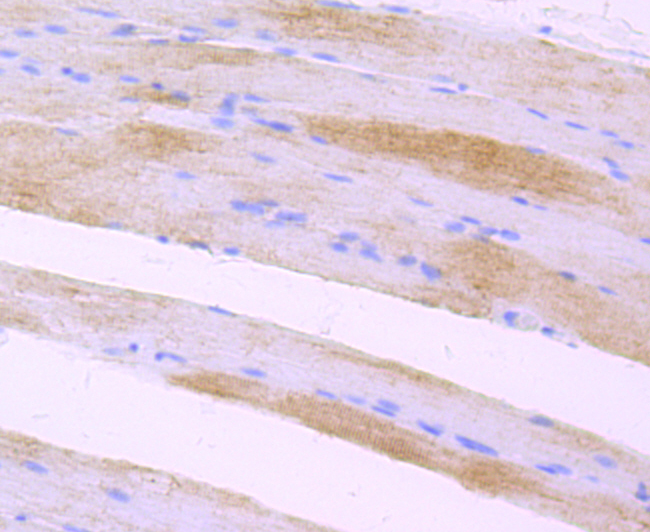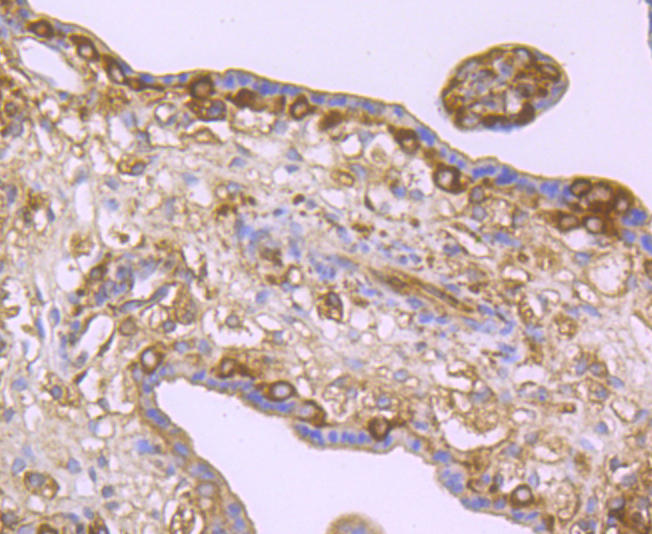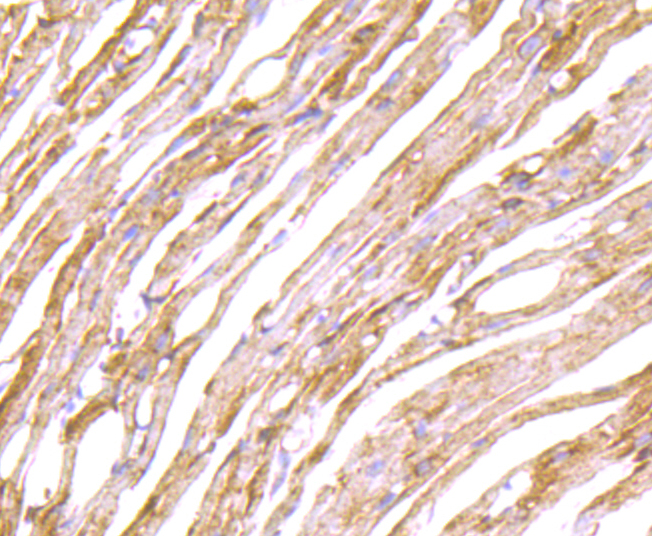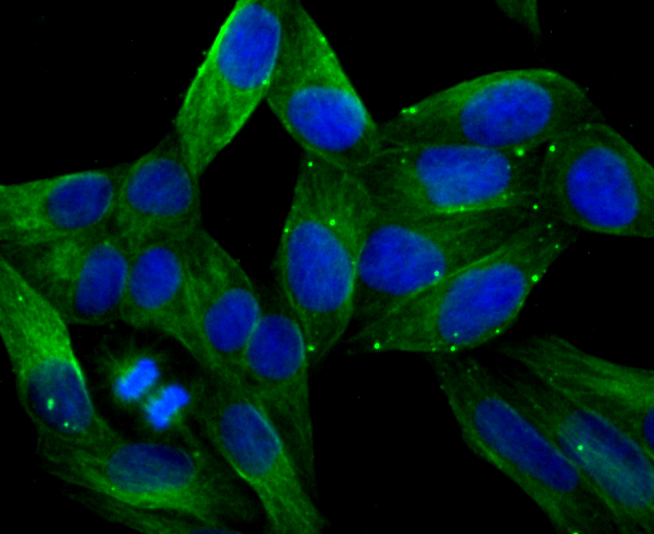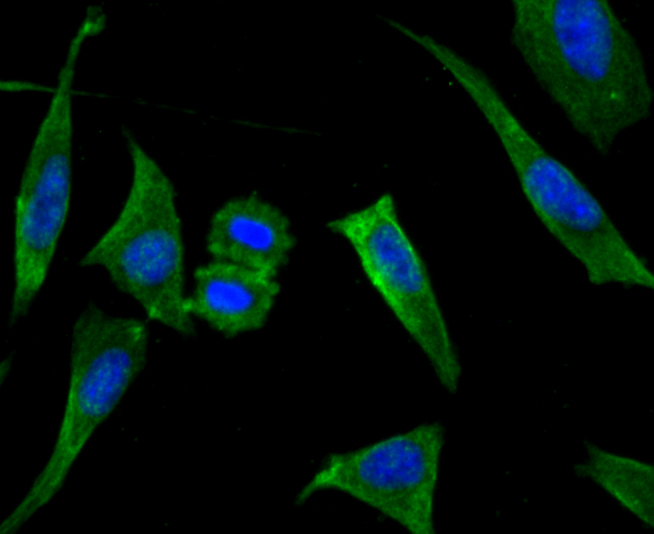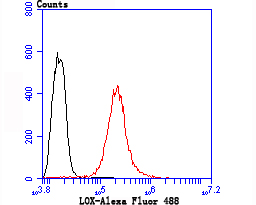The lysyl oxidase family of extracellular proteins includes LOX and four LOX-like enzymes, which are responsible for the deamination of peptidyl lysine residues of collagens and elastin. They also catalyze inter- and intra-crosslinking reactions. Overexpression of LOX may cause severe fibrotic degeneration due to its high resistance to degradative enzymes. Procollagen C-proteinase activity processes LOX from a precursor protein to a mature form. Activation of LOX occurs in normal developing and adult skin, and alterations in LOX expression and activity are associated with skin aging and senescence. LOX is crucial for development of the cardiovascular and respiratory systems. In addition, LOX plays a role in cancer, wound healing, as well as cell motility, chemotaxis and differentiation.



